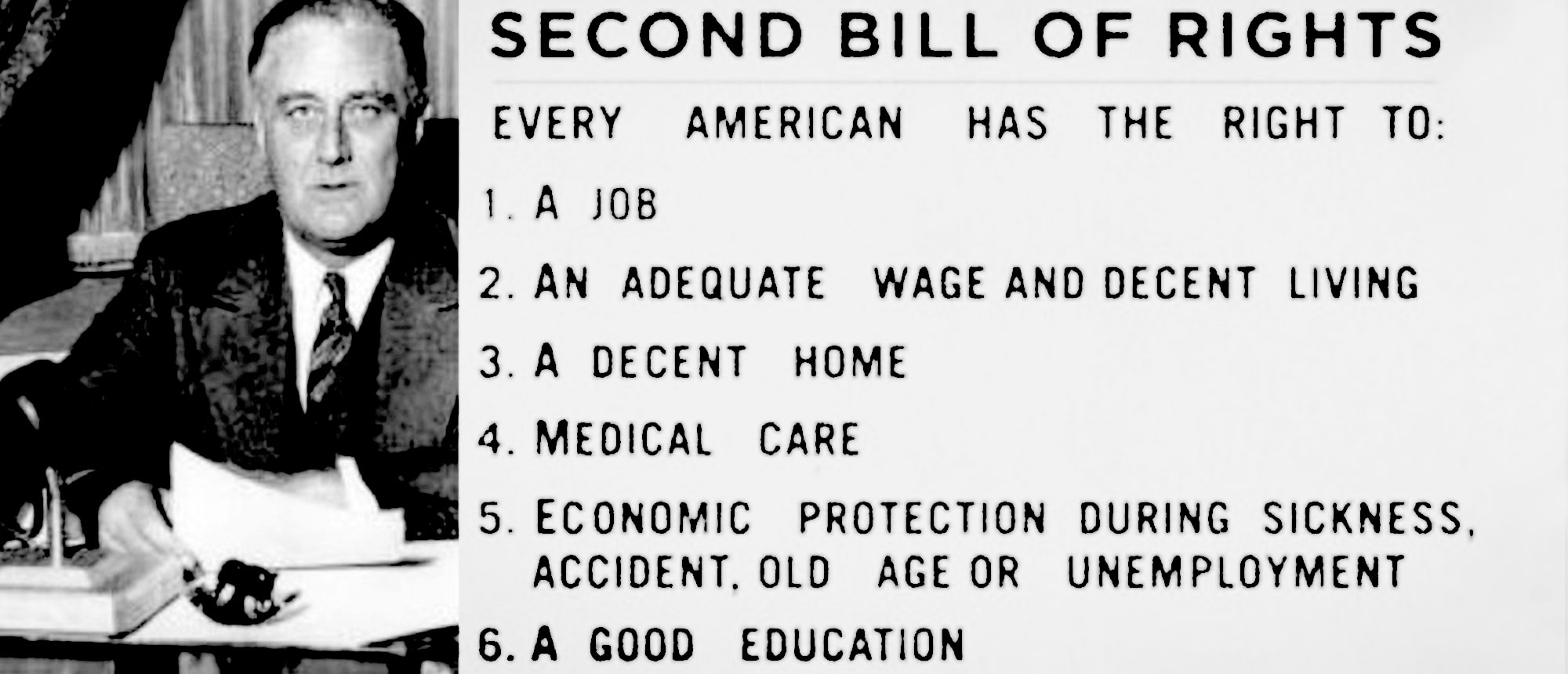(ThyBlackMan.com) You were just injured in a car accident. Or, maybe a friend of loved one was. What do you (or they) do now? Here’s what expert lawyers know that you need to.
Determining Fault
Professional attorneys, like Colley & Colley, know that the first issue that any insurance company will try to resolve is who is at fault. And, if that person is you, it’s going to seriously hurt your odds of winning in court. That’s why many lawyers recommend you hire them before you get too involved with the insurer — especially if there’s an injury involved.
Filing A Claim
Before any determination of fault happens, you and the other driver needs to file a claim. If the driver who was driving the vehicle that the passenger was in is found at fault, then the passenger h as a legal right to file a claim against the driver’s insurance policy. This lets passengers get financial compensation for injuries he sustained in the accident. Liability coverage usually pays for the medical expenses. And, lost wages and pain and suffering may fill in the rest, up to a limit (which is different in each state).
as a legal right to file a claim against the driver’s insurance policy. This lets passengers get financial compensation for injuries he sustained in the accident. Liability coverage usually pays for the medical expenses. And, lost wages and pain and suffering may fill in the rest, up to a limit (which is different in each state).
Special rules often apply if the passenger is related to the driver. The insurer may not pay for relatives because the claim would be basically covering its own insured driver. Because of this, the insured driver can’t file a liability claim against his own liability coverage and recoup losses.
Filing Against The Other Driver
If the other driver is at-fault, then the passenger can go after the other driver through their insurer. Even if the other driver was less at-fault than the driver whom he or she was riding with, the passenger still has the right to collect compensation from the other driver.
However, the maximum amount of compensation in shared liability cases isn’t as much as in cases where 100% of the fault is on one driver.
Usually, the passenger can’t collect more than the total value of the claim. So, a passenger wouldn’t be able to get $60,000 of damages if the actual damages only amounted to $40,000. This is the principle of indemnity — you only get enough to make you “whole” again. You are not able to be enriched through insurance.
Filing A Claim Against The Passenger’s Insurance
A passenger can also file a claim against the medical payments portion of his or her policy. This type of coverage isn’t based on liability, so it doens’t require the passenger to be at fault.
Pain and suffering isn’t usually included in this part of the policy. It also doesn’t normally cover lost income or other related expenses. Normally, if a person collects under this part of the policy, and later receives compensation from the other insurer, then that amount is deducted from the final settlement.
Passenger Liability
If the passenger is found to be partially at-fault, then his or her recovery can be reduced. For example, let’s say the passenger grabbed the steering wheel and caused the crash. If the passenger’s damages were $50,000 and he was found 10% at-fault, then the maximum recovery amount would be $5,000.
If the passenger was found at 50% fault, they may only get $25,000 in damages, if anything.
This is how most states operate. However, some states do follow different systems, like not awarding any damages to anyone remotely at fault for the accident.
Conclusion
Most people cannot do all of the legal work themselves. In fact, most people should hire an experienced attorney to do it for them. The victim’s first obligation is to take care of his or her own medical needs. Then, he or she should choose to consult with a personal injury attorney to figure out which insurers should pay for the medical bills that resulted from the accident.
An experienced attorney can help you navigate the waters and figure out the right plan. Most insurance companies can be difficult to deal with — especially when there’s a large payout. They won’t want to pay, or they may bury you in paperwork. An attorney can cut through all this and help you assert your rights so that you get all the money you’re entitled to under the terms of your insurance contract.
Even large insurers may try to fight you. So, always remember that it pays to hire an attorney, even when you think you don’t need one.
Staff Writer; Greg Cooke




















Leave a Reply